Giving your skin hydrating effects can be challenging, but some essential skin care routines and remedies can help you stay hydrated. In this blog, we are going to learn some effective skin hydrating remedies. These can help you glow your skin and keep your looks charming and attractive. Following are the homemade remedies, which are skin hydrator.
Remedies for dry skin
1. Olive oil
We suggest using a small amount of pure olive oil in a pinch for extra moisture, noting its potential benefits like vitamin E and antioxidants. However, we advise caution for acne-prone skin and consult a dermatologist before trying it. Research suggests it might damage the skin barrier despite its potential for inflammation reduction. Limit it to a few drops on a face mask or arid areas if used.

2. Avocado mask
For a natural dry skin solution, Adell(singer) recommends an avocado mask. This mask combines the fruit’s antioxidants and probiotics with yogurt, potentially improving texture, and manuka honey with turmeric, offering potential anti-inflammatory benefits. Apply it to clean skin for 5–10 minutes and rinse. Interestingly, research suggests eating avocado may even improve skin elasticity, and another study explored its oil for potential rejuvenation effects, though its moisturizing properties were unclear.
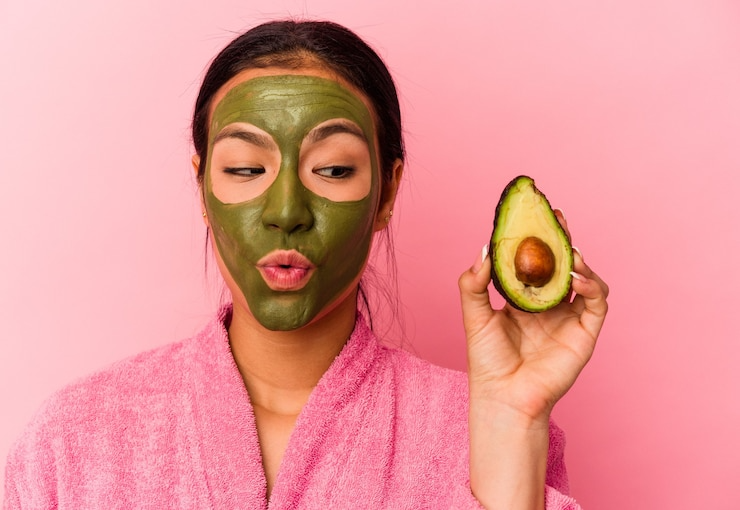
3. Coconut oil and sugar scrub
A gentle sugar scrub can be an option to remove dry, flaking skin cells. Combine one cup of sugar brown with a cup of coconut oil, and add a calming lavender essential oil if desired. Gently massage the scrub for 30 seconds, then rinse with lukewarm water. end with a moisturizer to seal in the benefits. However, this physical exfoliation is not suitable for everyone. Avoid scrubs on irritated, acne-prone, or sensitive skin, especially on the face. Adell recommends chemical peels or enzyme powders for delicate facial skin.
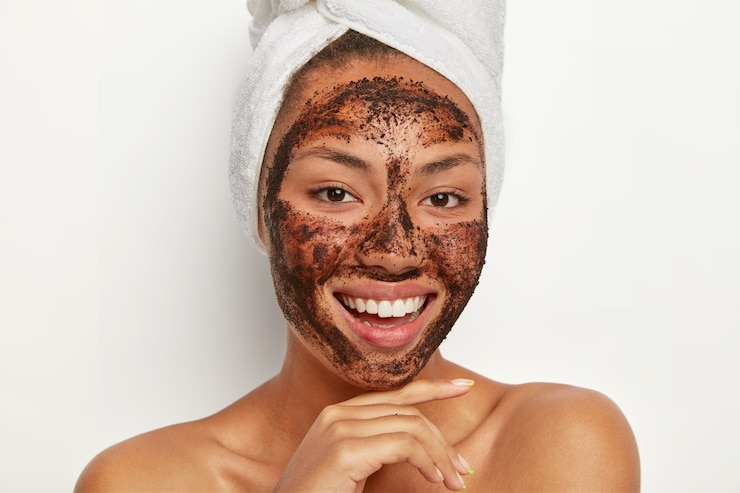
4. Oatmeal soak
Oatmeal offers a natural solution for dry skin. Add a cup to your bathwater for its soothing properties and ability to help retain moisture. This method can also be utilized in a sock to avoid mess. Additionally, research suggests that oatmeal’s anti-inflammatory properties can be helpful for those suffering from eczema.

5. Honey and oatmeal mask
Combine oats with honey and water for added benefits to create a versatile skin treatment. This mixture can be used as a gentle exfoliator by washing it off immediately or as a soothing and hydrating mask by leaving it on your skin for 15-20 minutes. Honey’s potential antimicrobial properties may even help with wound healing.
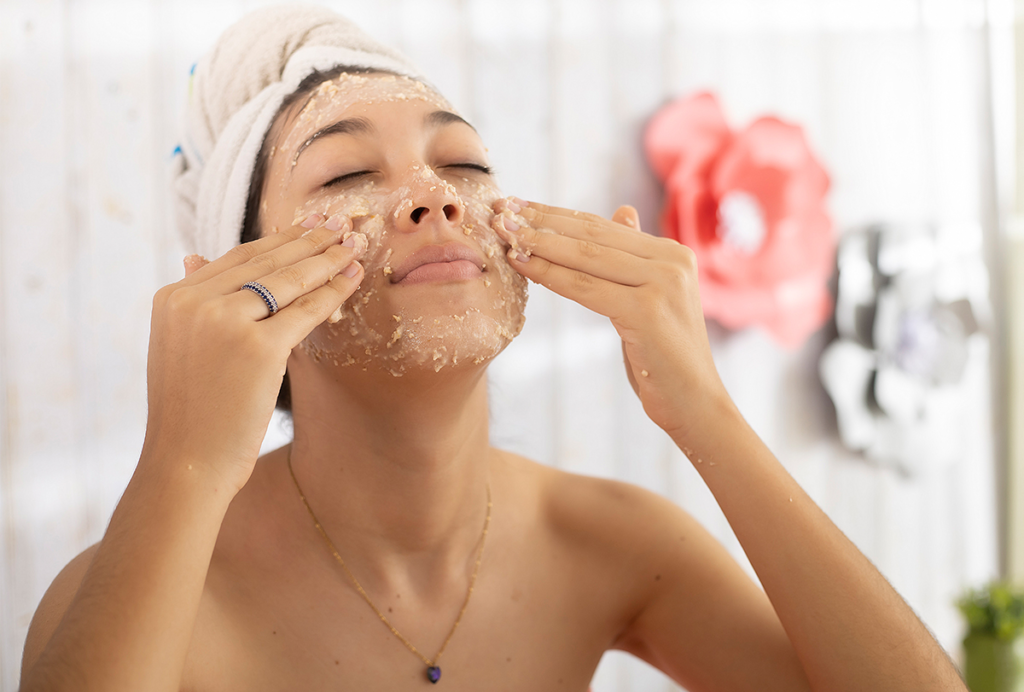
6. Apply coconut oil before bed
Coconut oil, which has a history of use in African and Indian cultures, is famous for hydrating skin. Dr. Tsippora Shainhouse recommends using its solid form for moisturizing at night or on dry areas like hands and heels. For extra treatment, apply and then cover with socks or gloves.
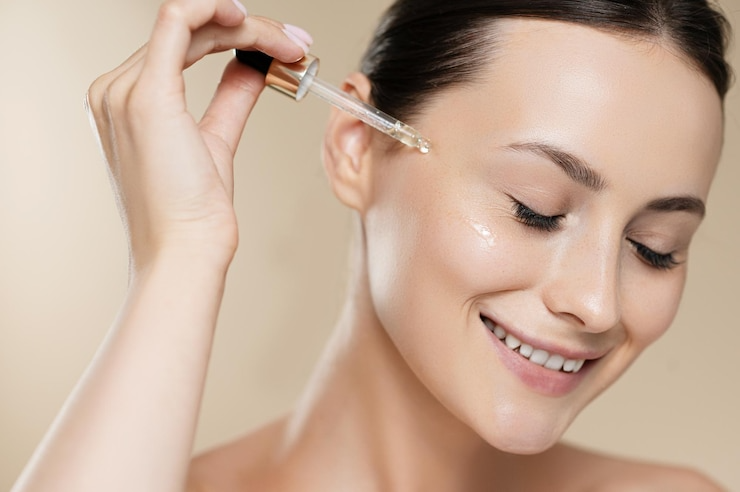
7. Nourishing oils
Dr. Shainhouse suggests natural oils like jojoba, argan, and avocado to replenish the skin barrier, which is often compromised by frequent washing. These can be added to bathwater for a hydrating soak, but remember to pat dry gently to retain some moisture. While research suggests baths with oils might not be ideal for women, applying a small amount, post-shower can still offer significant hydration.
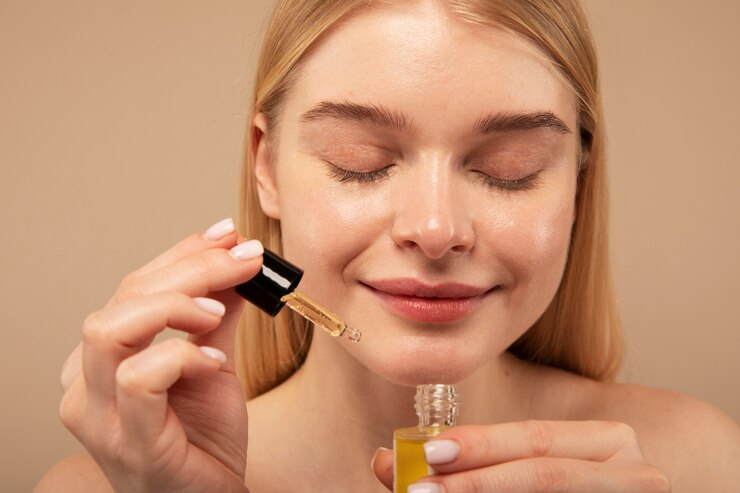
8. Milk compresses
While research on its long-term effects is ongoing, milk compresses offer a potential solution for dry or irritated skin. Milk’s natural anti-inflammatory properties and lactic acid content, which may gently exfoliate dead skin cells, contribute to its possible benefits. Experts recommend soaking a clean cloth in cool milk and applying it to dry areas for 5-10 minutes. However, caution is advised, especially for those with cracked skin or active eczema flare-ups, as lactic acid can sting and irritate. Consult a dermatologist if you experience burning or discomfort.
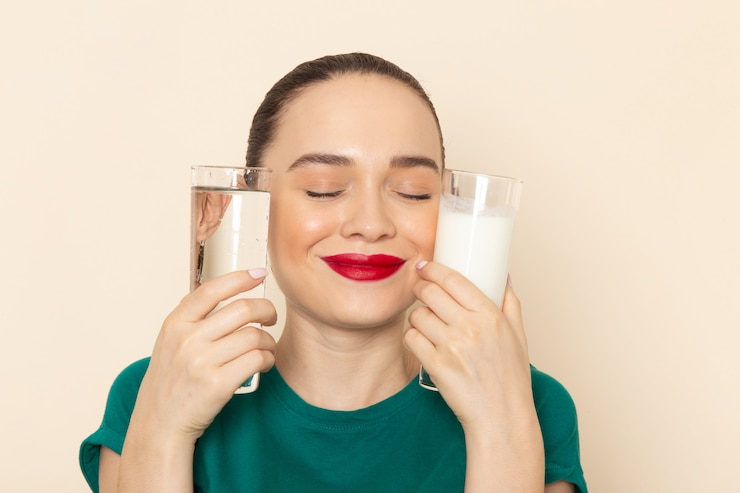
9. Fruit enzyme cleanser
Fruit enzymes offer a gentle way to combat dry skin. Dr. Shainhouse recommends using fruit-enzyme-infused washes or masks twice weekly for their soft exfoliating properties.These alpha-hydroxy acids can not only remove dead skin cells but also effectively improve the appearance of aged skin and overall texture. Look for enzymes like bromelain from pineapple, papain from papaya, and ficain from figs for potential benefits.

10. Use aloe vera
Aloe vera gel, commonly known for sunburn relief, also benefits dry winter skin. It can soothe redness and irritation related to dryness. Research points to its potential in reducing signs of aging, acne breakouts, and skin injuries. However, it’s essential to know that some people may experience allergic reactions to aloe vera, so a test is recommended before widespread use.

11. Apply honey for dry patches
Honey offers a versatile solution for dry skin thanks to its emollient and humectant properties, which soften skin and lock in moisture. Research suggests it can even be beneficial for conditions like dermatitis and psoriasis. Honey’s natural antimicrobial properties and ability to keep wounds moist make it effective at healing, and its thickness creates a barrier against infection. These qualities make it ideal for face masks and targeted treatment of dry or irritated areas. Apply a small amount to your face for best results, leave it on for a few minutes, and then rinse it off.
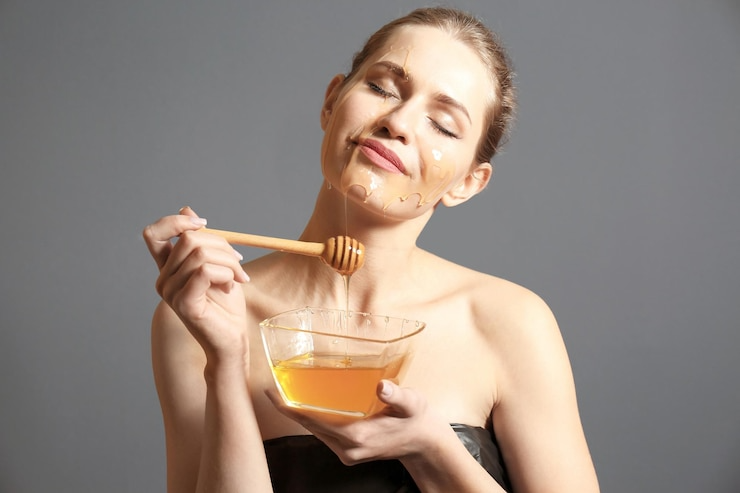
You must read if you are looking for hyperpigmentation treatment;
12. Brew tea bags
Repurpose your tea bags for a hydrating treat! Herbal teas offer various benefits, like chamomile and jasmine or caffeinated black and green teas. Black and green tea bags can cool and soothe inflammation, while black tea might help balance skin pH. Caffeinated teas can even minimize under-eye circles by constricting blood vessels in that area. Apply cool, wet tea bags to your eyes for 5-10 minutes. Research suggests black tea compresses followed by moisturizer may improve eczema symptoms. When brewed and cooled, chamomile tea can be applied for up to 30 minutes to calm irritated or itchy skin, while jasmine tea might target acne.
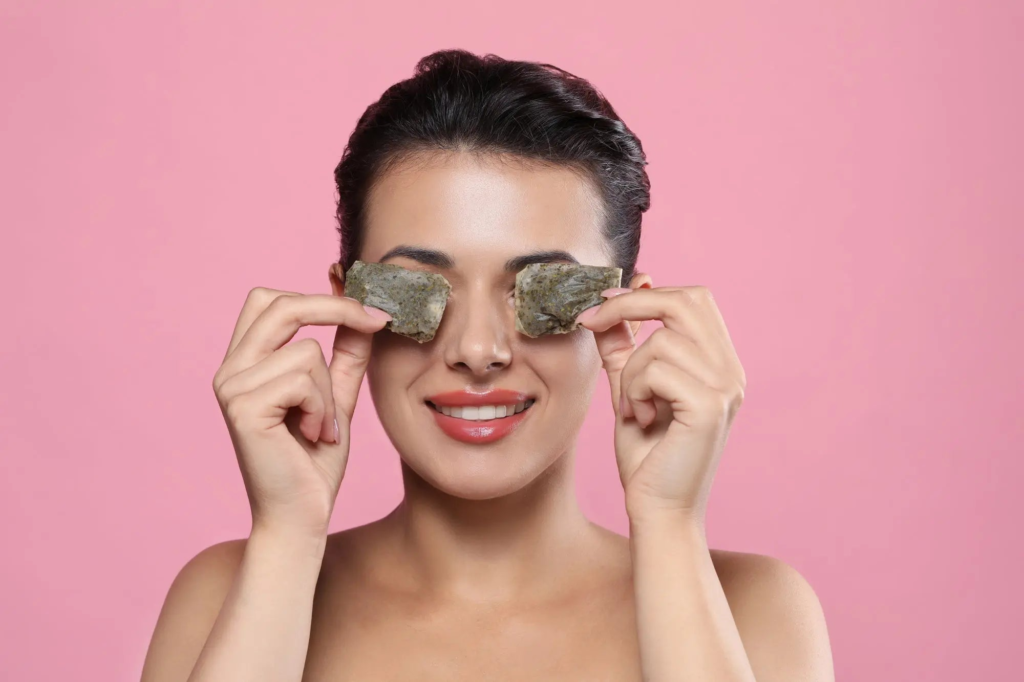
13. Petroleum jelly
Look no further than your medicine cabinet for a potential dry skin solution! According to the AAD, Petroleum jelly in products like Vaseline and Aquaphor can help soothe dryness, prevent chafing, and aid healing. It’s generally safe for use all over the body, even on lips and eyelids. Some even swear by applying it generously to the face overnight, a practice called “slugging.” While you can use petroleum jelly throughout the day, the AAD recommends applying it to damp skin for optimal benefits. However, avoid using it on your face if you have acne-prone skin, as it might clog pores.
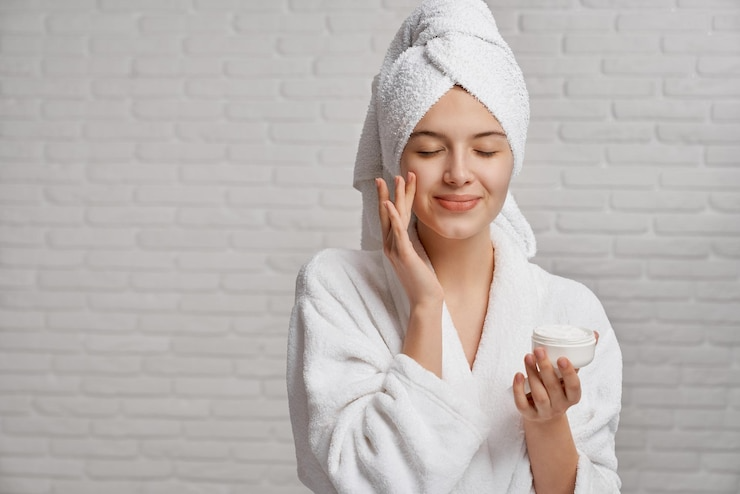
Tips to keep hydrating skin
After tackling dryness, focus on prevention:
- Moisturize daily: Apply lotion right after showering, and consider richer creams or ointments for dehydrated skin. Try ingredients like shea butter, hyaluronic acid, or jojoba oil. You can also try hydrating lotions.
- Shower more brilliant: Opt for lukewarm water, limit shower time to 10 minutes, and use gentle cleansers instead of harsh bar soaps.
- Minimize irritation: Avoid harsh chemicals like alcohol and apple cider vinegar on your skin.
- Stay hydrated: While research on water’s direct impact on dry skin is inconclusive, it offers overall health benefits.
- Dress for the weather: Protect your skin from extreme temperatures by wearing sunscreen in summer and gloves in winter.
